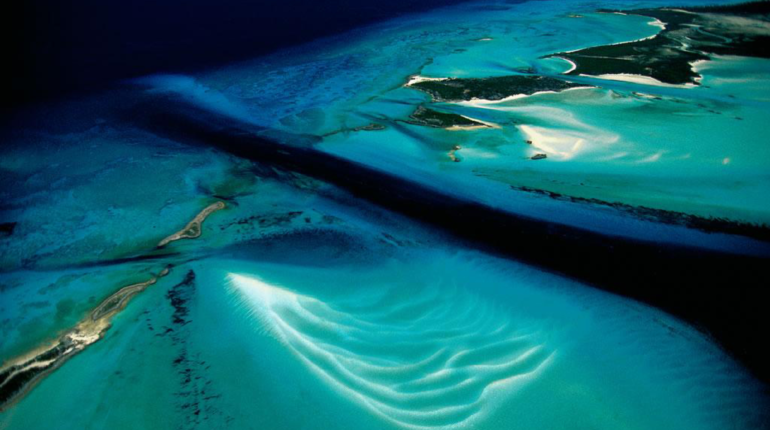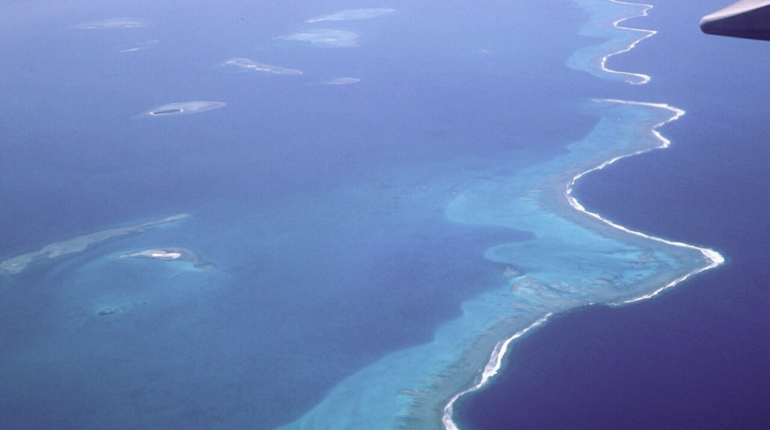Following a recent campaign to give rivers, lakes, and forests legal rights, experts now say global oceans must also be afforded legally enforced protection. They argue this is the only way to positively transform our relationship with oceans and prevent total ecosystem collapse.
In a new article published in PLOS Biology, experts from the non-profit organisation Earth Law Center argue that humans must foster ‘a higher respect for the Ocean and Nature, not as objects, but living entities.’
Through the report, a campaign has been launched to provide oceans with a right to legal protection.
This follows a recent and similar motion to offer lakes, rivers, and forests legal rights in order to improve conservation and prevent further destruction of the natural world.
Strategies for ensuring oceans are protected have been mulled over for decades. In fact, the relatively novel UN Ocean Conference was born out of the need to convince governments to comply with international ocean protection policies, though it has achieved little in its five years running.
Considering that oceans make up 70 percent of the Earth’s total surface and absorb 30-50 percent of carbon dioxide in the atmosphere, it would be impossible to say that our planet is healthy if oceans are not thriving.
Looking at things from this holistic environmental standpoint, the case for protecting our planet becomes obvious – especially when the preservation of human life relies on it.






















